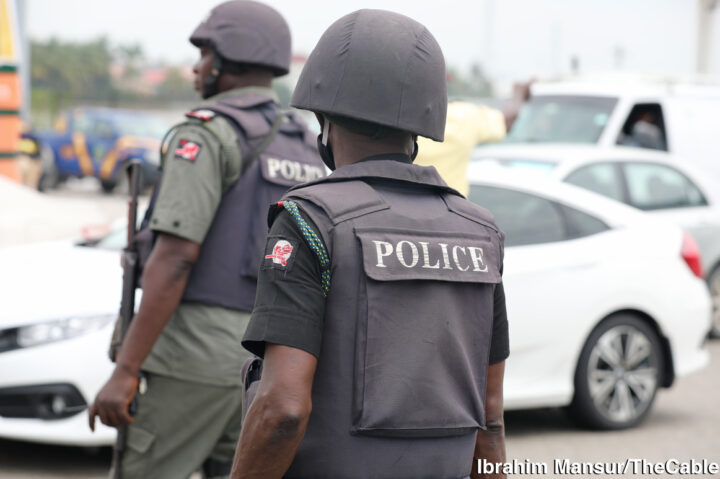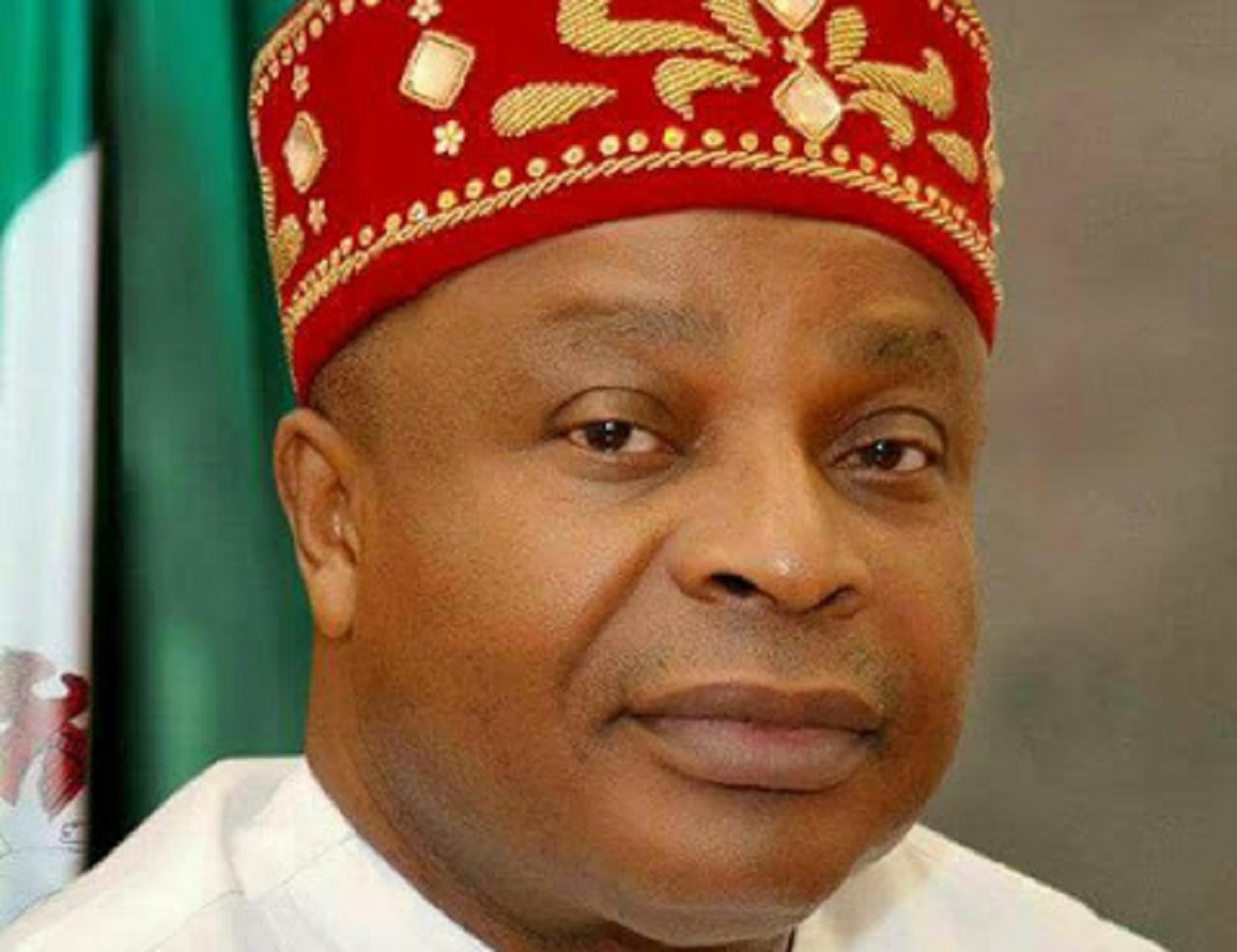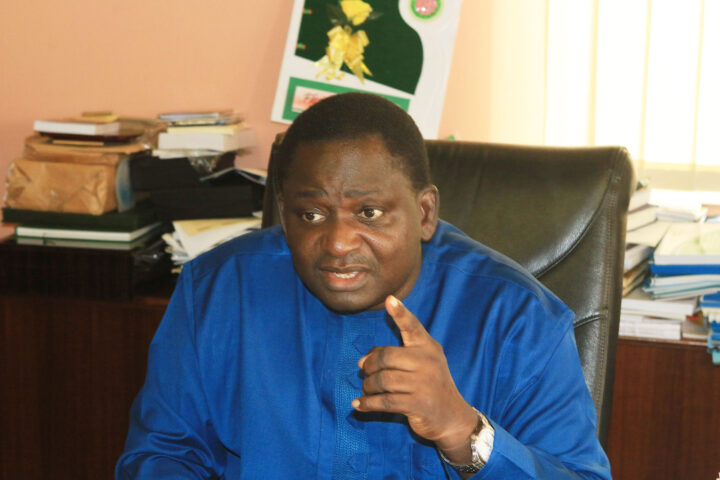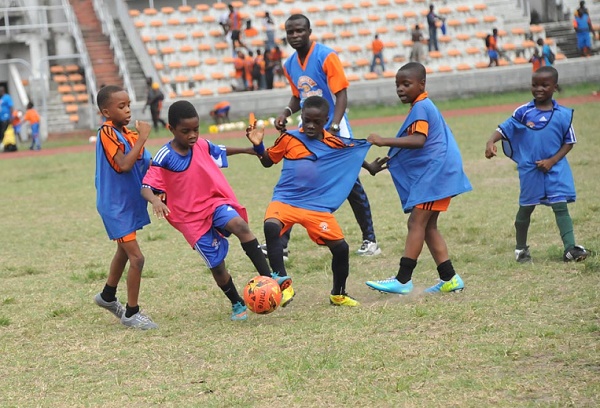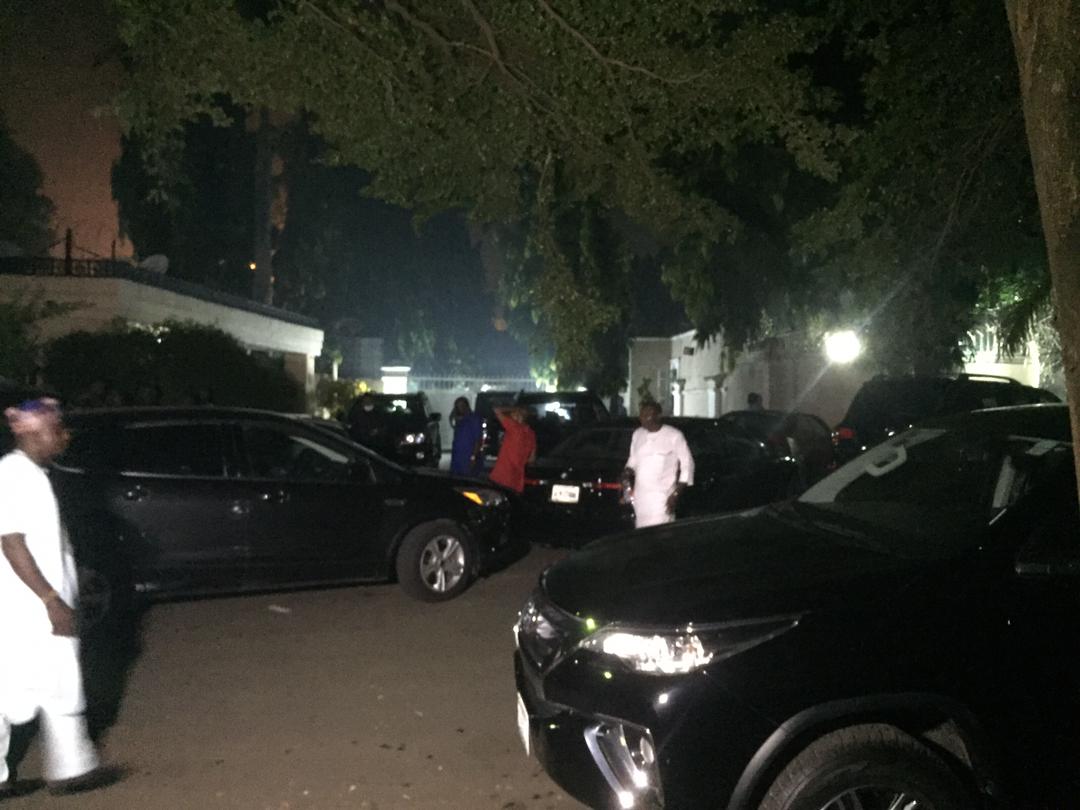File photo of police officers
Overcoming the trauma of police brutality was the focus of the recent edition of ‘Thursday Talks’ by Enough is Enough (EiE) Nigeria.
Thursday Talks is a monthly online conversation that explores issues affecting Nigerians and the country.
The October edition was moderated by Lanre Olusola, a psychologist and mental health advocate.
Speaking during the conversation, Debo Adedayo, the Nigerian comedian better known as Mr Macaroni, narrated how he was arrested and brutalised by police officers during the #OccupyLekkitollgate protest in February 2021.
Advertisement
“It got to a point one of the guys (referring to the police officers) said to me that I’m the one disturbing the state governor,” he said.
“That is one thing I will never forget in my entire life and for that, I will always hold the governor accountable because the police officer said it to me.
“That means you are telling me that what you are doing, you are doing it on behalf of so and so.”
Advertisement
Jide Ahmed (not real names), a victim of police brutality during the #OccupyLekkitollgate protest, said the incident negatively affected his mental health, adding that it was a tough and traumatic experience.
Another victim of police brutality identified as Chinyere Eze (not real names) narrated how she was arrested by police officers in 2017 after she received a call that she had a parcel from DHL.
She said she was arrested by the police officers on the pretense of delivering a DHL parcel to her.
Eze said she was detained and tortured for 11 days at a police station in Ikeja, Lagos, despite telling the officers that she had a baby at home.
Advertisement
Maymunah Kadiri, a neuro-psychiatrist and mental health advocate, said happenings in the country pose the risk of emotional, psychological and mental breakdown.
She said Nigerians, especially the youths, must strive to heal from the trauma associated with the events.
The mental advocate said most people underestimate the importance of healing while calling on persons battling trauma and depression to embrace the SELF-CARE acronym in order to protect their mental health.
“S stands for self-awareness. Be aware of what is stressing you. E stands for exercise; activates your feel-good hormones that naturally occur. No need for drugs when it naturally exists in your body,” she said.
Advertisement
“L stands for limiting exposure to excessive news and social media content. F stands for finding and engaging in pleasurable activities. Learn a new skill.
“C stands for connecting with the right set of people to build a healthy support system. A stands for asking for help. R is resting and sleeping. E is eating right.”
Advertisement
Yemi Adamolekun, executive director of EIE, asked those who have experienced trauma and would like to speak with a counselor to reach out via a trauma help page
Advertisement
Add a comment
